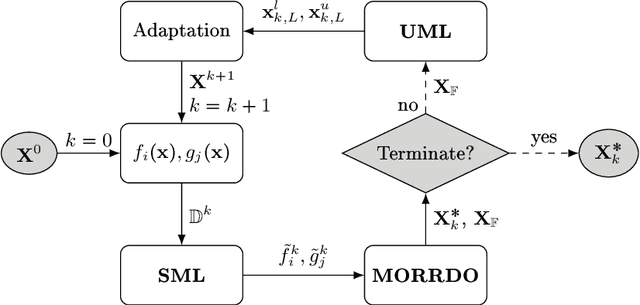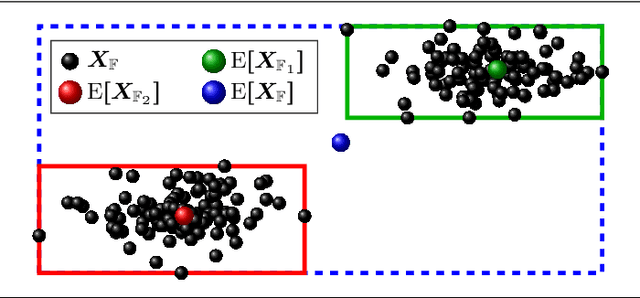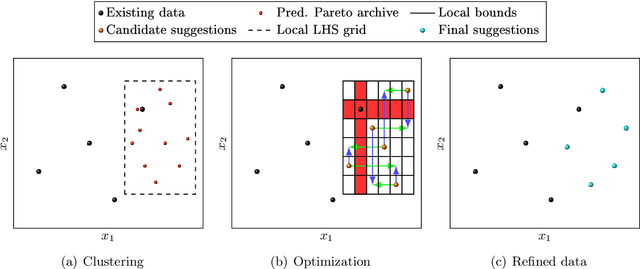Tamara Nestorović
Intelligent Optimization and Machine Learning Algorithms for Structural Anomaly Detection using Seismic Signals
Jan 18, 2024Abstract:The lack of anomaly detection methods during mechanized tunnelling can cause financial loss and deficits in drilling time. On-site excavation requires hard obstacles to be recognized prior to drilling in order to avoid damaging the tunnel boring machine and to adjust the propagation velocity. The efficiency of the structural anomaly detection can be increased with intelligent optimization techniques and machine learning. In this research, the anomaly in a simple structure is detected by comparing the experimental measurements of the structural vibrations with numerical simulations using parameter estimation methods.
Local Latin Hypercube Refinement for Multi-objective Design Uncertainty Optimization
Aug 19, 2021



Abstract:Optimizing the reliability and the robustness of a design is important but often unaffordable due to high sample requirements. Surrogate models based on statistical and machine learning methods are used to increase the sample efficiency. However, for higher dimensional or multi-modal systems, surrogate models may also require a large amount of samples to achieve good results. We propose a sequential sampling strategy for the surrogate based solution of multi-objective reliability based robust design optimization problems. Proposed local Latin hypercube refinement (LoLHR) strategy is model-agnostic and can be combined with any surrogate model because there is no free lunch but possibly a budget one. The proposed method is compared to stationary sampling as well as other proposed strategies from the literature. Gaussian process and support vector regression are both used as surrogate models. Empirical evidence is presented, showing that LoLHR achieves on average better results compared to other surrogate based strategies on the tested examples.
 Add to Chrome
Add to Chrome Add to Firefox
Add to Firefox Add to Edge
Add to Edge